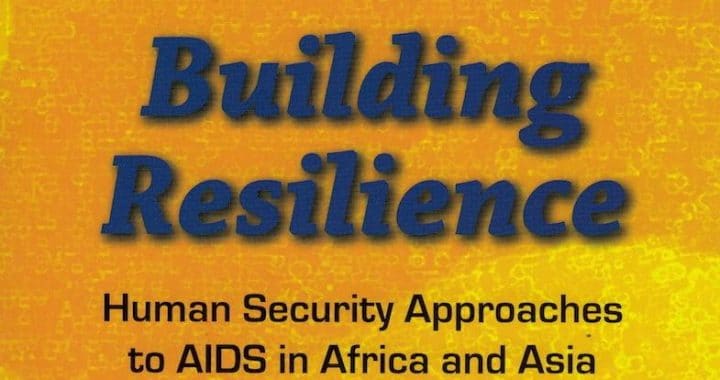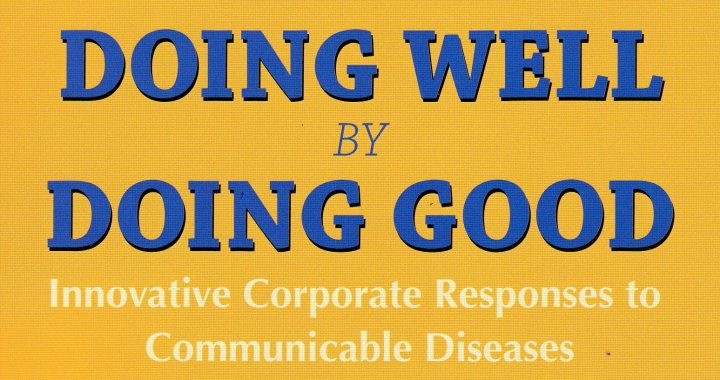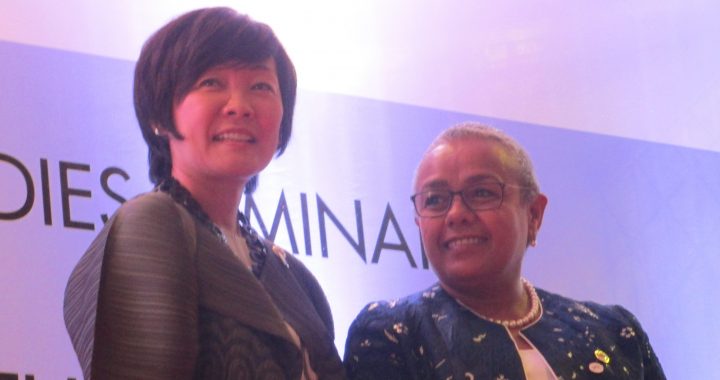JCIE Global Health Special Series | Are Disease-Specific Approaches Compatible with the Goal of Achieving Universal Health Coverage?
This blog post, the third in the JCIE Global Health Special Series, looks specifically at projects in Ethiopia and Burma to determine if disease-specific programs are compatible with the mission of Universal Health Coverage.
JCIE Publications | Containing Conflict: Cases in Preventive Diplomacy

The authors analyze the international community’s responses to conflicts in locations such as the African Great Lakes region, helping them to draw lessons for managing regional conflict through preventive diplomacy.
JCIE Publications | Building Resilience: Human Security Approaches to AIDS in Africa and Asia

This report analyzes five projects funded by the United Nations Trust Fund for Human Security that deal with AIDS from various angles, such as the intersection between AIDS and issues of poverty, migration, education, and gender inequality.
JCIE Publications | Doing Well by Doing Good: Innovative Corporate Responses to Communicable Diseases

This book presents case studies of innovative approaches by 12 corporations to deal with the spread of AIDS, malaria, and tuberculosis; the authors focus on the motivations behind corporate engagement and the evolution of these programs
Global ThinkNet Fellows | New Approaches to Preventive Diplomacy

Five Global ThinkNet Fellows undertook a study project on preventive diplomacy under the direction of Dr. Hideo Sato, senior advisor to the rector of United Nations University. In October 1999, these researchers began examining such topics as UN peacekeeping activities; the peace-building process in Croatia; the international commitment to solve refugee problems; reconceptualizing the concept of state-nation relationship in Asia; and a new approach to the democratization process in Belarus.
Global Health Press Tour Program

In 2013, the Abe administration launched its Strategy on Global Health Diplomacy to promote efforts to achieve universal healthcare. JCIE’s Global Health and Human Security outreach program is offering the media opportunities to cover the state of healthcare in developing countries and allows journalists to report on the effects that investments in healthcare have on a country’s development.
Human Security Approaches to HIV/AIDS in Asia and Africa

Starting in late 2005, a JCIE research team developed case studies of projects in Asia and Africa that take a human security approach to HIV/AIDS in order to better understand how these approaches work on the ground. Research was carried out in Tanzania, Thailand, South Africa, and Zimbabwe, and a workshop was held in Pretoria, South Africa on March 10, 2006, with aid workers and UN officials from around Africa.
TICAD Ministerial Meeting Thematic Event | Global Health Financing to Achieve UHC

The Japan Center for International Exchange (JCIE) and Save the Children Japan organized the final thematic event, “Global Health Financing to Achieve Universal Health Coverage UHC in Africa: How to Promote Partnerships to Maximize Results” on the sidelines of the TICAD9 ministerial meeting.
Health and Human Security in the Americas

On September 6-7, 2012, JCIE organized a public seminar and workshop on “Health and Human Security in the Americas” in Lima, Peru, in partnership with the Pan-American Health Organization (PAHO). The meetings build on the discussions at JCIE’s “Health and Human Security in Africa” seminar and follow PAHO’s 2010 resolution to integrate the human security concept into member countries’ national health plans.
TICAD VI Spouses Program | Investing in Child and Maternal Health for Social Development in Africa: A Spotlight on Evidenced Interventions

Japan’s First Lady Akie Abe and Kenya’s First Lady Margaret Kenyatta hosted a seminar on the sidelines of TICAD VI with the first ladies of other African countries on the theme of “Investing in Child and Maternal Health for Social Transformation in Africa: A Spotlight on Evidenced Interventions.”


